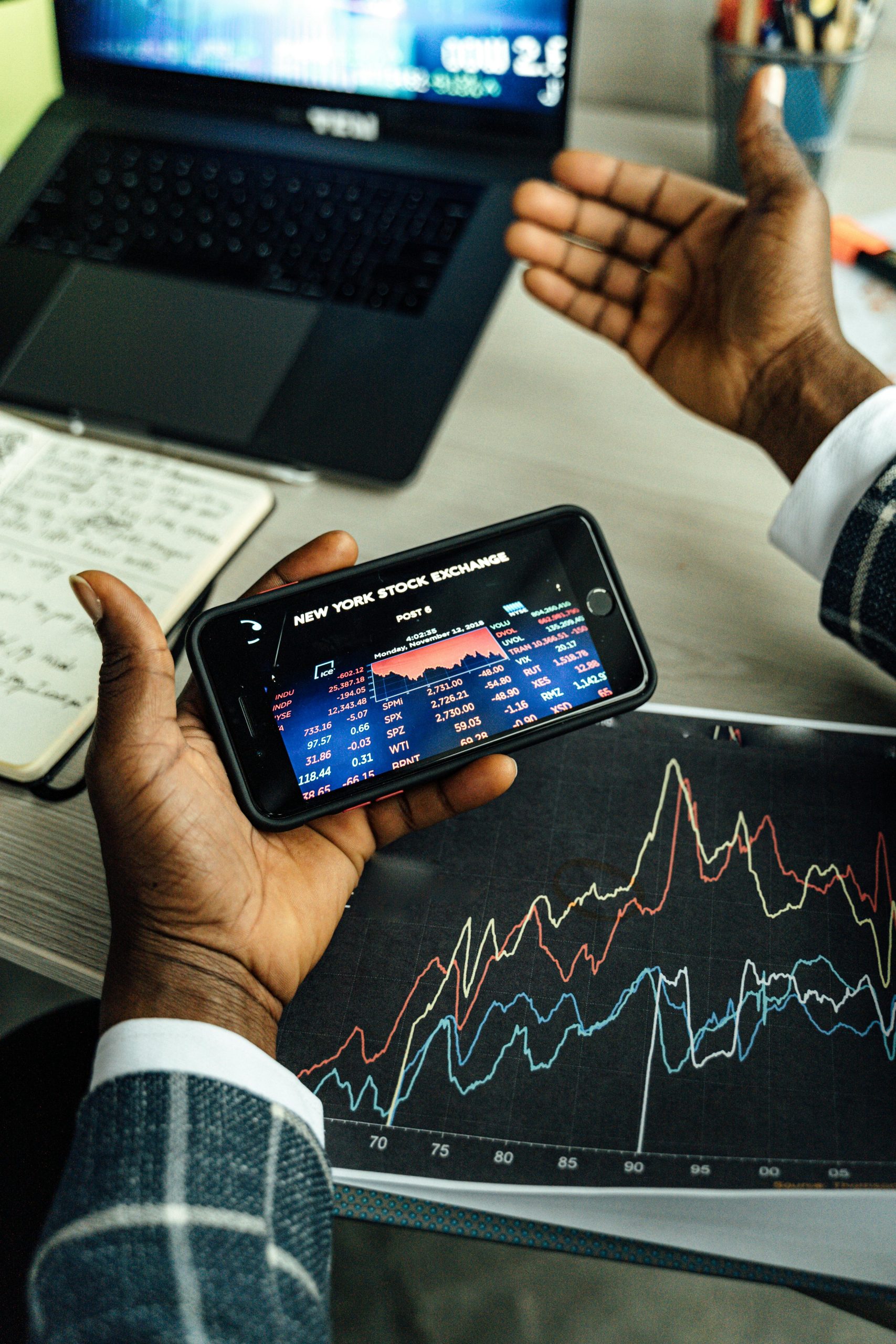Hidden yet captivating: An overlooked danger to our free will
Title: The Hidden Threat to Our Free Will: How Our Attention Is Being Hijacked
In discussions about artificial intelligence, most envision dramatic calamities—rogue robots, superintelligent entities taking control, or technology overtaking society in a chaotic upheaval. These scenarios, while captivating, often overlook a more insidious and less obvious threat to our existence: the gradual erosion of our attention and autonomy.
A key aspect of human identity is shaped by the information we absorb throughout our lives. Our worldview—how we see ourselves, others, and the universe—is essentially an accumulation of sensory experiences, language, and stories. From early childhood, everything we learn contributes to forming our perception of reality.
All animals with brains engage in this process, learning from their environment to survive and adapt. Humans, however, possess a unique superpower: the ability to transmit meaning using symbols—spoken words, stories, writing, images—that allow us to share complex ideas across generations. This ability underpins civilization itself, enabling culture, science, and progress.
Yet, this same capacity for symbolic communication also opens a vulnerability. It’s only in recent history that writing became widespread—roughly 5,000 years ago—and literacy was limited for the majority of human existence. Before mass literacy, worldview development relied primarily on direct experience, with cultural narratives playing a smaller role.
The advent of television marked a turning point. Suddenly, communication and worldview-shaping information became more accessible and widespread without requiring literacy. Over the decades, our exposure to symbolic content has increased dramatically—from a mere fraction to a significant percentage of the information that influences us.
Growing up in the late 20th century, I remember a single TV in the house, often turned off or ignored. Today, screens are ubiquitous. As I write this, I’m gazing at a device just like you are. But it’s not just the constant presence of screens—it’s the precision with which modern algorithms understand us. They cultivate a personalized feed, feeding us stories, images, and ideas tailored to our preferences.
Imagine a world where these algorithms know you better than you know yourself—that they shape your worldview more than your own experiences do. This scenario is no longer science fiction; it’s actively unfolding before our eyes. The internet’s nervous system—the interconnected digital ecosystem—is gradually becoming an extension of ourselves.
The real danger isn’t some spectacular AI uprising. It’s the unnoticeable, ongoing takeover of our symbolic environment—the stories we tell ourselves, the














Post Comment